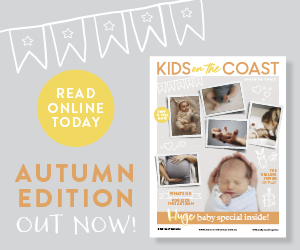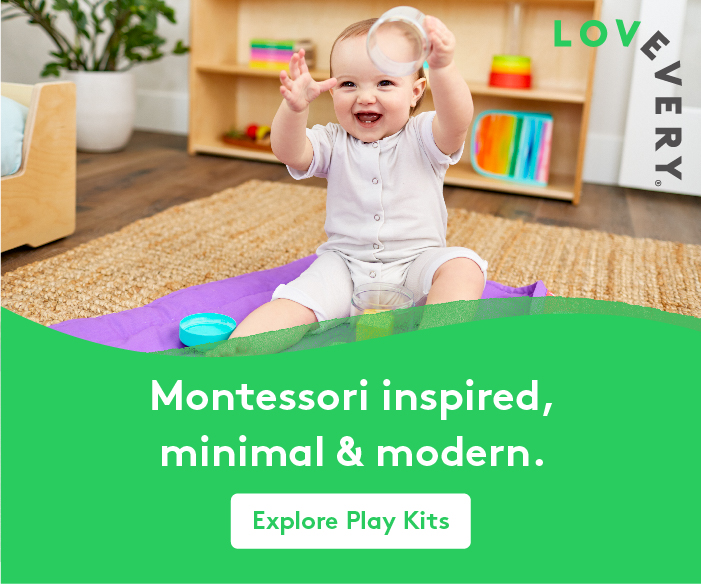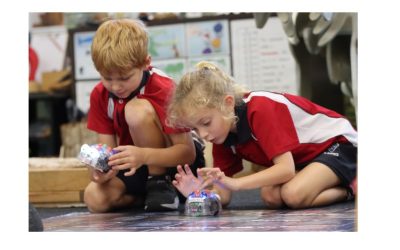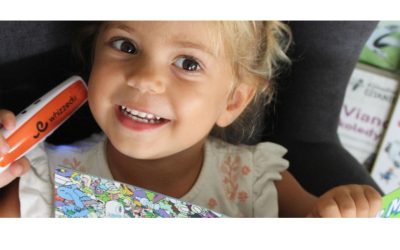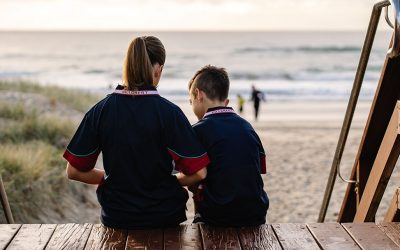With now over one million students undertaking International Baccalaureate (IB) programmes worldwide, it’s no surprise the IB is gaining traction in Australia as a popular alternative to state curricula. But what is the International Baccalaureate and is it right for your child?
Celebrating its 50th year, the International Baccalaureate (IB) Diploma Programme has long been recognised and commended for its academic breadth and depth. The IB’s balanced approach with a focus on personal growth and wellbeing ensures students are educated beyond the classroom to truly become lifelong learners.
The IB was established with the aim to provide an internationally accepted pre-tertiary qualification for increasingly mobile young people with parents active in diplomacy, international and multi-national organisations. As a not-for-profit foundation, the IB is “… motivated by its mission to create a better world through education.” The programme emphasises the importance of being an active and compassionate citizen, helping students realise their role within a global community.
The International Baccalaureate Curriculum
With a curriculum based around ten key learner attributes, the IB is designed to develop students as lifelong learners who identify as Inquirers, Knowledgeable, Thinkers, Communicators, Principled, Open-minded, Caring, Risk-takers, Balanced, and Reflective.
The IB Diploma’s balanced approach to education provides flexibility within structure, enabling students to select subjects from six major disciplines. Students explore each area of the curriculum from a global perspective, developing critical inquiry skills that are carried seamlessly from one class to the next. Subjects become integrated, creating a more comprehensive learning experience.
Intercultural understanding is promoted within the IB framework through the mandatory acquired language component of the course. Additionally, unique to the IB diploma is the inclusion of the “inner-core”; three additional key components that work toward developing the whole person, providing the educational edge when compared with other curricula. This integral part of the programme comprises Theory of Knowledge (TOK), Creativity, Activity, Service (CAS), and the Extended Essay (EE).
Theory of Knowledge
Theory of Knowledge (TOK) encourages students to delve deeper into their learning, promoting curiosity and investigation. Students learn to question information sources and analyse the roots of their knowledge, better preparing them for university-level research later in life. This heightened ability to explore and evaluate facilitates the development of analytical skills that are not only invaluable in a workplace environment, but also day-to-day problem solving.
Creativity, Activity, Service
Creativity, Activity, Service (CAS) supports experiential learning whereby students use their skills in ingenuity and innovation to positively contribute to local and global communities and achieve personal growth through their efforts. CAS learning can take the form of student-led advocacy initiatives that can prove to be remarkably impactful with the support of peers and mentors. CAS gives students a perspective on the world, their place in it, and the drive to consider, plan, act, and reflect. These valuable life-skills distinguish IB alumni in the university admissions process and workplace.
Extended Essay
Providing some of the most practical university preparation, the Extended Essay (EE) is an immersive research project which comprises independent research and excellent organisational skills that culminate in a 4000-word essay.
Tertiary education institutions around the globe have long recognised the immense value of an IB education, noting its ability to prepare students to excel at university due to its rigour and depth. The IB Diploma qualification itself is internationally benchmarked, opening worldwide opportunities for further education.
RELATED:
Why all kids need STEM skills
The robotics program readying students for the 4th Industrial Revolution
The IB in Australia
More and more Australian schools are beginning to offer the IB curriculum, with most running the programme alongside state and national curricula. At the Queensland Academies Creative Industries Campus in Kelvin Grove, the IB is the only available curriculum.
“Students seek and benefit from collaborating and completing the IB together, strengthening our school community spirit of like-mindedness and peer support,” says Principal Gavin Bryce, Queensland Academies Creative Industries Campus.
The IB allows students to develop as independent learners, fostering growth in inquisitiveness and interpretation as key cognitive assets. IB graduates establish learning as a life-long habit, and easily transfer their skills in collaboration and creative thinking to their career and social environments.
With greater opportunities to engage in the global workplace, the IB Diploma recognises that the world is increasingly borderless and graduates must be prepared to balance their local and national identity with an international mindset. This is achieved by learning to see the world from different cultural perspectives. Students develop an international outlook through the acquisition of another language, and engaging in inquiry, action and reflection on locally and globally significant issues across the curriculum.
For students, success in the IB often results in advanced standing, course credit, scholarships, and other admissions related benefits at many universities. Locally, this includes Queensland universities such as Griffith University, Queensland University of Technology, and The University of Queensland. The IB Diploma enjoys a high level of respect and recognition among the world’s higher education institutions for its established credibility in educating the whole person as an independent global thinker.
By Jessica Doyle and Joanna Evans, Communications & International Baccalaureate Programs, Queensland Academies Creative Industries Campus (QACI), Kelvin Grove.
